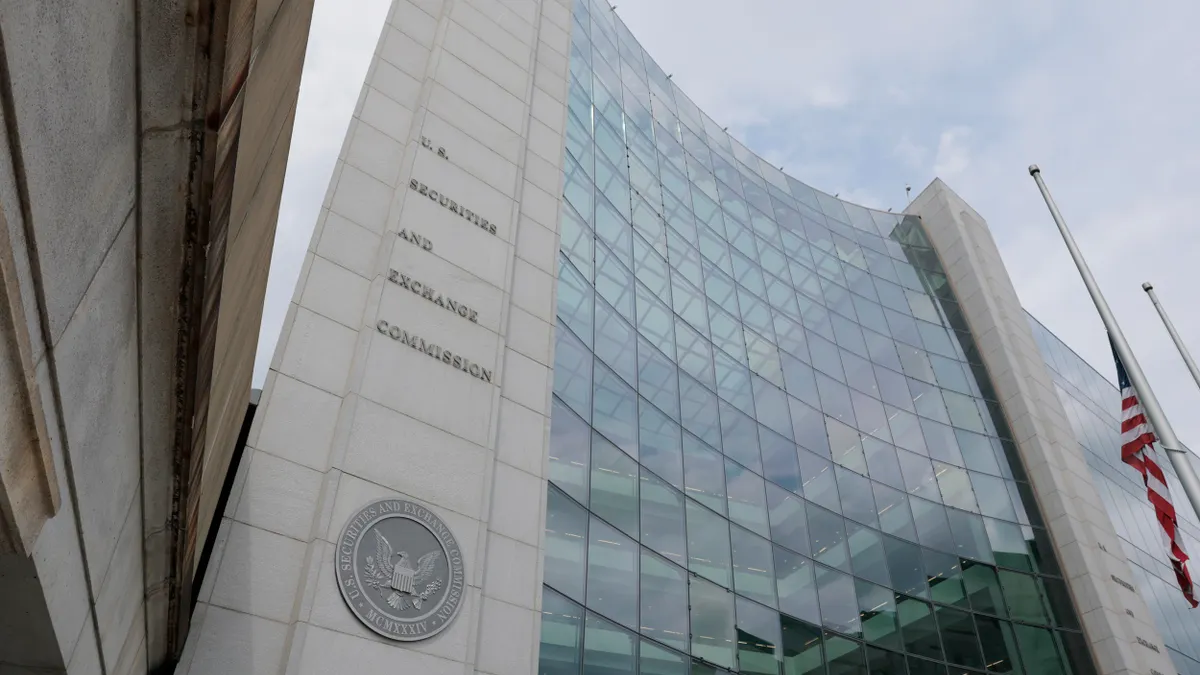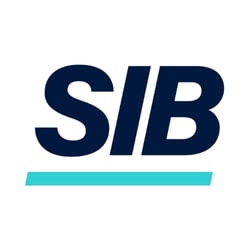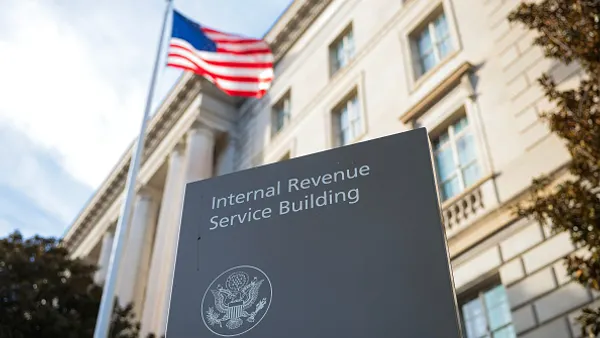Dive Brief:
- The Securities and Exchange Commission’s processing of initial public offerings is expected to mostly grind to a halt during the federal government shutdown.
- In guidance posted on its website, the SEC said its Division of Corporation Finance is still accepting new initial public offering statements via its “EDGAR” portal during the shutdown, but the agency indicated that it will not be reviewing or commenting on filings.
- “While the government is shut down, the operations of the SEC will be extremely limited,” attorneys at law firm Fenwick & West LLP said in a Thursday article.
Dive Insight:
The Division of Corporation Finance is charged with ensuring that investors are provided with information needed to make informed investment and voting decisions, including when a company initially offers its securities to the public and on an ongoing basis, according to the SEC’s website.
Due to the shutdown, only “a limited number of staff members” in the division are currently available to answer questions related to fee calculations and emergency filing relief, according to the SEC.
“Division staff are not available to respond to other questions,” the agency said. “Regardless of our operating status, EDGAR will accept registration statements, offering statements and other filings; however, we will not be able to declare registration statements effective nor qualify Form 1-A offering statements.”
A shutdown effectively results in an “IPO freeze,” according to Louis Lehot, a partner at law firm Foley & Lardner.
“Companies spend months, even years, preparing for their market debut, and a sudden standstill can disrupt even the most carefully timed business plans,” he said in a September article published by the National Law Journal.
The disruption comes as the IPO market has rebounded in recent months.
Companies at risk of being impacted by the shutdown include California-based robo-adviser Wealthfront, which publicized the paperwork for its upcoming IPO on Monday, as reported by CFO Dive sister publication Banking Dive.
The number of IPOs in the U.S. rose by 16% in the second quarter on a year-over-year basis, with a total of 50 transactions raising $8.1 billion, according to an Ernst & Young report published in July.
Overall, the quarter was marked by optimism across sectors, with the technology, media and telecommunications category leading the way, producing a quarter of deals and nearly half of total proceeds, the report said.
Fenwick’s attorneys said government shutdowns can increase uncertainty in markets, which means that companies filing documents with the SEC should proceed with caution when providing any forward-looking guidance, ensuring that it is based on “realistic assumptions.”
“While most government shutdowns resolve within days or weeks, companies should prepare for longer-term scenarios,” they wrote.















